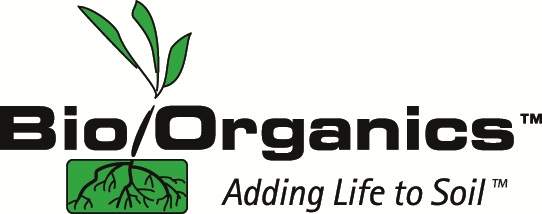It's difficult to think of anything in this world that we humans alive today will leave in better condition than we found it - air, rivers, forests, oceans, fisheries, the ozone layer, crop soils, drinking water, etc. etc. You name it, during the past 50 years or so we've managed to either deplete, destroy, diminish, pollute, exterminate, or contaminate just about everything in sight. I guess urban deer and coyotes are thriving, and bald eagles have made a comeback from DDT, but mostly we've plundered and consumed resources at amazing rates - all of us.
The increases in world population plus consumption-oriented lifestyles in developed countries has led to our putting crushing pressure on all sorts of natural resources that once seemed endless in supply. But how do you fault a starving native in some impoverished country who kills an endangered whatever to feed his children, and how does any nation find the will to clamp down on its factories because future polar bears will be short of ice, or criticize a homeowner for innocently spreading some smiley-face-advertised "plant food" on the front lawn, or a "conventional" farmer?
The recent trend to planting vast acreage of highly fertilized corn for ethanol fuel represents the latest problem legacy for downstream descendants in our country. The run-through of petroleum-based nitrogen fertilizers from past years is slowly making its way down into underground aquifers as you read this. "Plant foods" (and pesticides) that were spread on crops or lawns way back when are now endangering wells throughout the grain/cotton-belt states here in the U.S.
And if we somehow completely stopped all chemical fertilizing right now, that cocktail plume of contaminants would continue steadily entering the drinking water for another 10 to 50 years, depending on soil and depth of the water reservoir. As many communities are entirely dependent on wells for water supplies, this is not the sort of pass-down our descendants will appreciate. "Sorry you can't drink the water kids, but grandpa used to grow corn and he had the nicest dark green lawn in the county."
I like the saying, "If you find yourself in a hole, first thing stop digging." I believe that chemistry-oriented agriculture, horticulture, landscaping, and gardening have already caused huge soil-water contamination problems and we are digging it deeper like groundhogs on espresso.
There are other and cleaner methods, especially for growers who are not dealing with thousands of acres. No one expects widespread overnight conversion to organic or biological methods, or for every homeowner to suddenly forsake spray-and-enjoy lawn foods. The use of synthetic fertilizers is convenient and produces quick effects, which tends to trump other considerations in the short run. I think the best we can hope for is for a few more savvy people every year to find ways of growing plants that reduces runoff. This won't stop the toxic plume that's already in the ground, but would slow down the rate of water contamination.
Another old saying is, "Whiskey's for drinking and water's for fighting over." If too many wells becomes non-potable, there may be a lot of truth to that.
Good growing, my friends,
Don Chapman
BioOrganics
